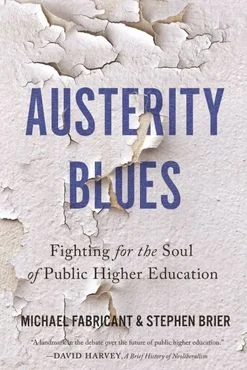From the CUNY Digital History Archive: The Five Demands and the University of Harlem
By Chloe Smolarski
The CUNY Digital History Archive, founded in 2014, collects and makes available primary source documents that address the history of the City University of New York, the system of public colleges that serves New York City. Many of the collections date from the late 1960s and early 1970s, a time of radical ferment at CUNY. Following a historic wave of student protest, the university embarked upon a radical experiment that offered low-cost public higher education to all graduates of city high schools. In the piece that follows, CDHA Program and Collections Coordinator Chloe Smolarski highlights and contextualizes some key documents from the struggle of Black and Puerto Rican students at City College to build a university that responded to the needs of their communities. This year marks the fifty-year anniversary of those struggles. –Ed.
Read More








